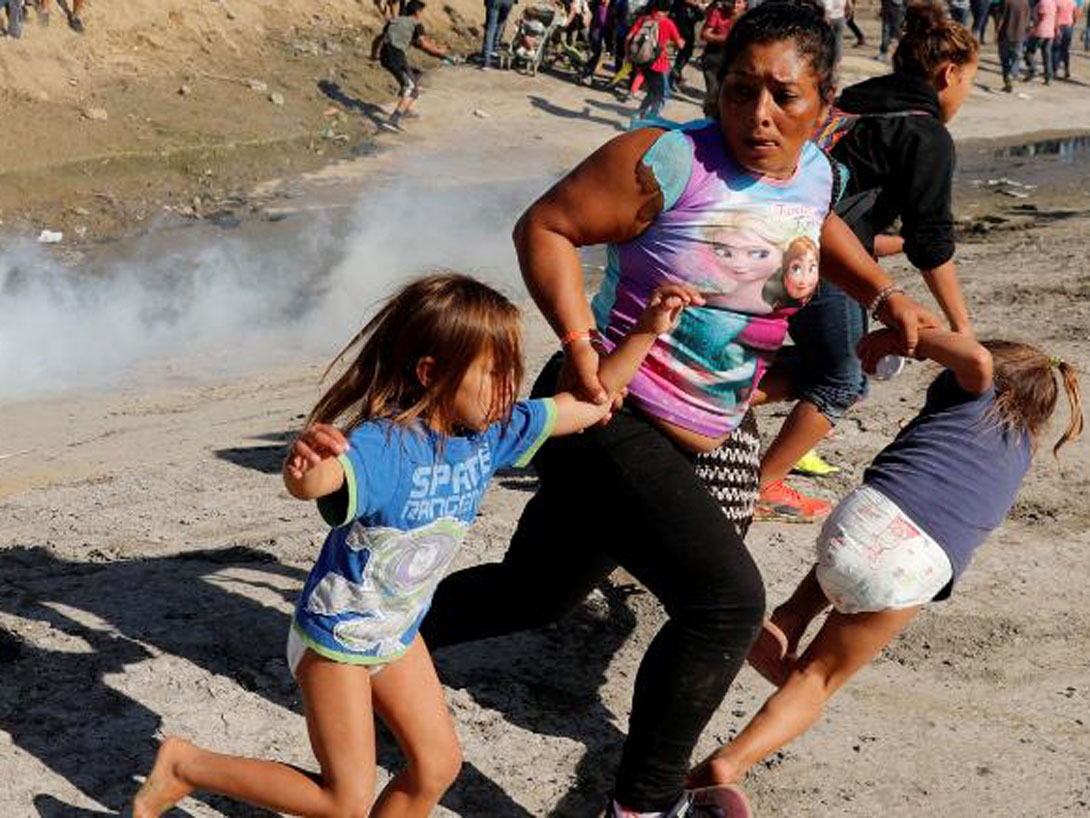Charities tell US ‘act now over Yemen’ or share blame for mass famine
The United States will bear shared responsibility for what may be the largest famine in decades if it does not cease its military support for the coalition led by Saudi Arabia and the United Arab Emirates in Yemen, the heads of five major humanitarian organizations have warned.
In an unusually stark joint statement, the leaders of the International Rescue Committee, Oxfam America, CARE US, Save the Children USA and the Norwegian Refugee Council USA together urged the US government to act to save Yemeni lives.
“14 million people are at risk of starving to death in Yemen if the parties to the conflict and their supporters do not change course immediately,” their statement says.
“If the government of Yemen, Saudi Arabia, the United Arab Emirates, Ansar Allah, and other parties to the conflict fail to take steps, and if the United States does not use all levers of pressure to compel them to do so, responsibility for the deaths of many more Yemeni civilians will lie not only with the parties to the conflict, but with the United States as well,” the statement says.
Yemen’s war of three-and-a-half years has killed at least 10,000 people and pushed the nation to the brink of the world’s worst famine in 100 years, leaving 14 million people — about half the country’s population — at risk of starvation, according to the United Nations.
Save the Children said Wednesday that an estimated 85,000 children under the age of 5 may have died from extreme hunger or disease since the war began.
The five humanitarian organizations acknowledge that the US is one of the most generous humanitarian donors in Yemen. But, they say, “these contributions pale in comparison to the harm caused by US military support and diplomatic cover to Saudi Arabia and the United Arab Emirates.”
[CNN]

